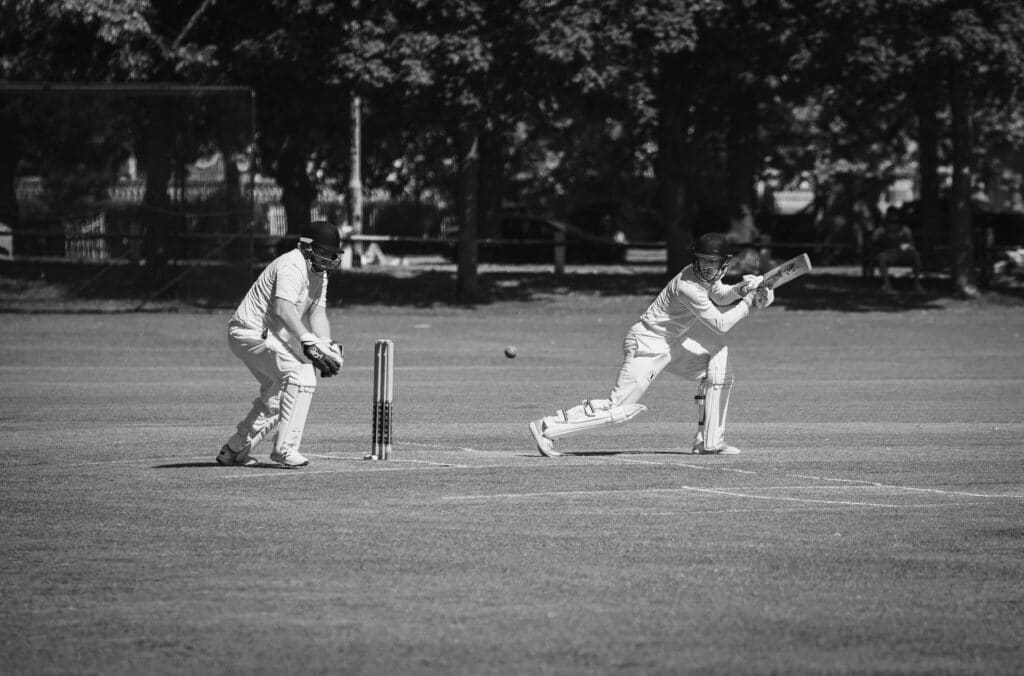Can chronic ankle instability be prevented?
What we’ll cover
Can chronic ankle instability be prevented?
Have you recently injured your ankle or feel your ankles give way on a regular basis? Our physiotherapist Sarah Yule explores chronic ankle instability and what we can do for you here at Malvern East Physiotherapy.
Ankle sprains are one of the most common injuries in both sporting and the general population. They are actually one of the most common reasons for presenting to a physiotherapist. Ankle sprains most frequently result from a rolling in action of the ankle resulting in ligamentous injury. Due to the highly common nature of ankle sprains and the often-quick resolution of painful symptoms, these injuries are commonly viewed as only minor injuries that will heal themselves with time. Although this may be true for a small proportion of people, evidence shows that sprained ankles have one of the highest re-injury rates of up to 70%.
Why do I keep twisting my ankle?
Our ligaments play a very important role in proprioception, a phenomenon where our brain is able to understand where our body is in space without having to constantly look at the joint. The ligaments in our ankle stretch to allow the ankle to move, however will only stretch so far as to keep the ankle stable. The stretching of these ligaments provides important proprioceptive information to the brain, which then controls what muscles around the joint need to be activated in order to help stabilise the ankle appropriately. This special function of our ligaments, helps allow us to balance on one leg or walk on uneven surfaces without constantly rolling our ankles. Following injury to our ankle ligaments it is highly important to retrain this proprioceptive function with appropriate rehabilitation and exercises prescribed by your treating physiotherapist.
Chronic ankle instability
Do you have a history of commonly rolling your ankles? Chronic ankle instability is the term used to describe long-standing ankle laxity that commonly develops as a result of poor management or incomplete rehabilitation following previous ankle injuries. If chronic ankle instability is left untreated, you may be at a higher risk of developing ankle osteoarthritis and chronic ankle pain. Stability of a joint is created by 3 main structures: bones, muscles and ligaments. When a ligament is stretched or torn, this results in reduced stability of our joint and further increases risk of re-injury.
How can physiotherapy help reduce my risk of developing chronic ankle instability?
Physiotherapy will initially focus on reducing pain, normalising gait and restoring ankle range of motion following acute ankle injury. Once these factors have been appropriately addressed, treatment will largely focus on building strength and retraining coordination in our muscles around the ankle. The stronger our muscles are, the more stability and support they can provide the ankle joint. Retraining muscular coordination means that our muscles will be better able to react quickly to unexpected movements or uneven surfaces, therefore preventing future re-injury.
Rehabilitation programs have shown to significantly reduce the risk of recurrent ankle injuries. If you have recently injured your ankle or feel your ankles give way on a regular basis, make an appointment to see one of our experienced physiotherapists to start your rehabilitation process today. You can book online or call our friendly team on 9571 6888.















